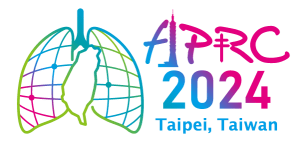Boehringer Ingelheim
2024 APRC: Boehringer-Ingelheim Satellite Symposium
Lung Cancer
Description:
Strategic Approaches to Maximize the Overall Survival of EGFRm+ NSCLC Patients
Targeted therapy has revolutionized the approach to treating non-small cell lung cancer (NSCLC) over the past decade, and the years 2022-2023 are expected to bring even more significant advances in this field. Novel drugs under development, such as EGFR inhibitors and combination therapies that target multiple pathways, are showing promising results in clinical trials, offering hope to those with previously untreatable forms of NSCLC. Additionally, advancements in molecular profiling with precision medicine are set to further improve personalized treatment approaches, leading to better outcomes for patients with NSCLC. Dr. Chen will give a comprehensive talk about the management of patient with EGFR mutation in NSCLC treatment.
Taking Lung Cancer On – New Drug Development for DLL3 and HER2 pathway
This lecture provides an overview of two promising products currently undergoing clinical development for the treatment of advanced or metastatic solid tumors. The first product, Zongertinib (BI 1810631), is being investigated as a monotherapy in patients who have previously received unsuccessful treatment. The clinical study consists of two phases: Phase 1a, which focuses on the pharmacokinetics and safety of Zongertinib in patients with solid tumors harboring HER2 aberrations, and Phase 1b, which evaluates the safety and efficacy in patients with pre-treated non-small cell lung cancer (NSCLC) harboring HER2 mutations in the tyrosine kinase domain (TKD). As of July 31, 2023, the Phase 1a trial has treated 50 patients, and the maximum tolerated dose has not been reached. Zongertinib has shown promising antitumor activity in various tumors with HER2-aberrations, with low rates of EGFR-mediated adverse events. In Phase 1b, 42 patients with pre-treated NSCLC with a HER2 TKD mutation have been treated, and the preliminary results indicate a 74% objective response rate and a 91% disease control rate. The most common treatment-related adverse event was diarrhea (29%), but no treatment discontinuations occurred due to adverse events. The first interim analysis in this cohort has been positive, and the trial is ongoing.
The second product, BI764532, acts as a DLL3/CD3 T-cell engager with an extended half-life. This compound specifically directs the activity of cytolytic T cells to DLL3-expressing tumors. The pharmacological effect of the DLL3/CD3 T-cell engager relies on its ability to bind simultaneously to CD3 on T cells and to DLL3 expressed on tumor cells, resulting in the formation of a cytolytic synapse. Preclinical studies have demonstrated the antitumor activity of this T-cell engager in various DLL3-positive tumor models. Currently, the DLL3/CD3 T-cell engager is being evaluated as a monotherapy in Phase I and II studies for patients with small cell lung cancer (SCLC) and neuroendocrine carcinomas (NECs).
These advancements in clinical development offer new hope for patients with solid tumors, particularly those with HER2 aberrations and DLL3-expressing tumors. Further research and clinical trials are underway to evaluate the safety and efficacy of these novel therapies.
| Time (GMT+8) |
Topic | Speaker | Moderator |
|---|---|---|---|
| 12:20-12:45 | Strategic approaches to maximize the overall survival of EGFRm+ NSCLC patients |
Dr. Chung-Yu Chen National Taiwan University Hospital Yunlin Branch |
Dr. Jen-Chang Ko National Taiwan University Hospital Hsin-Chu Branch |
| 12:45-13:10 | Taking Lung Cancer On – New Drug Development for DLL3 and HER2 pathway |
Dr.Chun-Ming Tsai Taipei Veterans General Hospital |
Dr. Chin-Chou Wang Kaohsiung Chang Gung Memorial Hospital |
| 13:10-13:20 | Panel discussion | ALL | |





